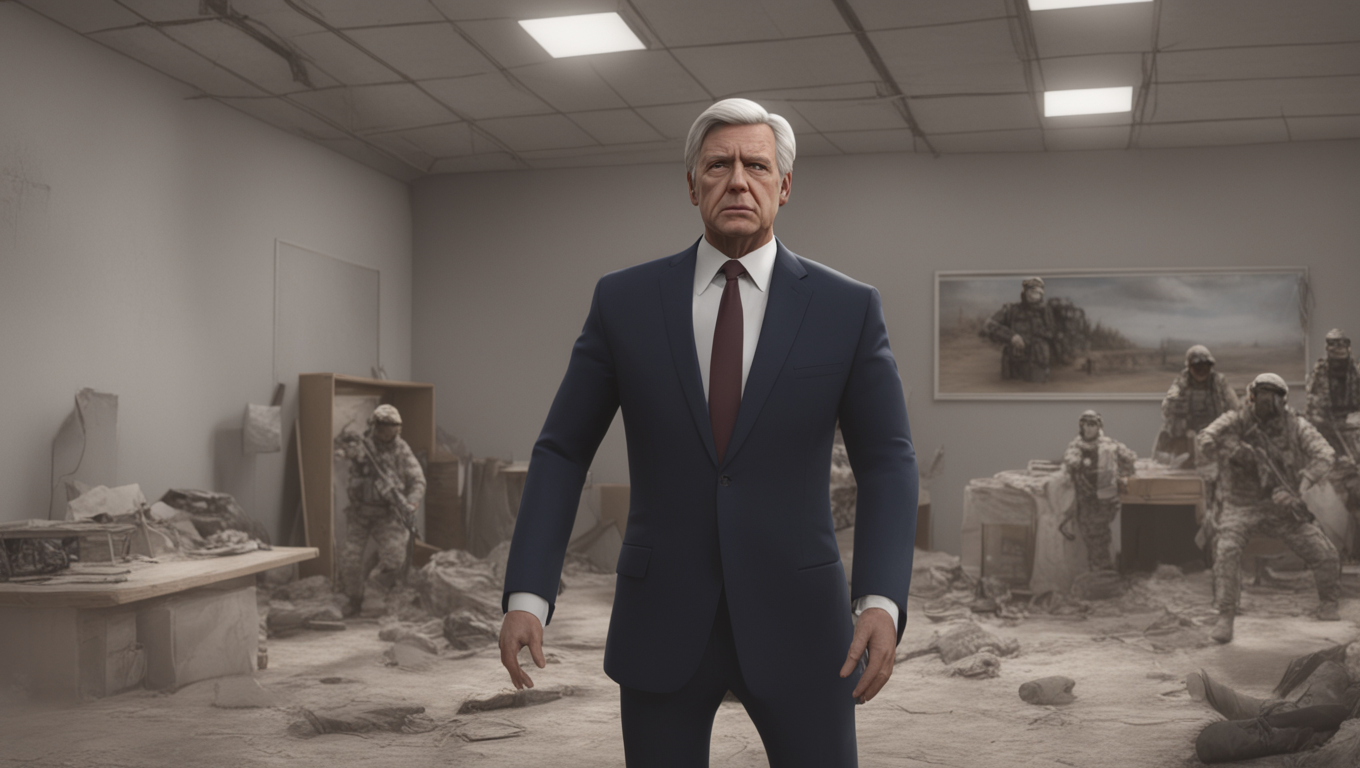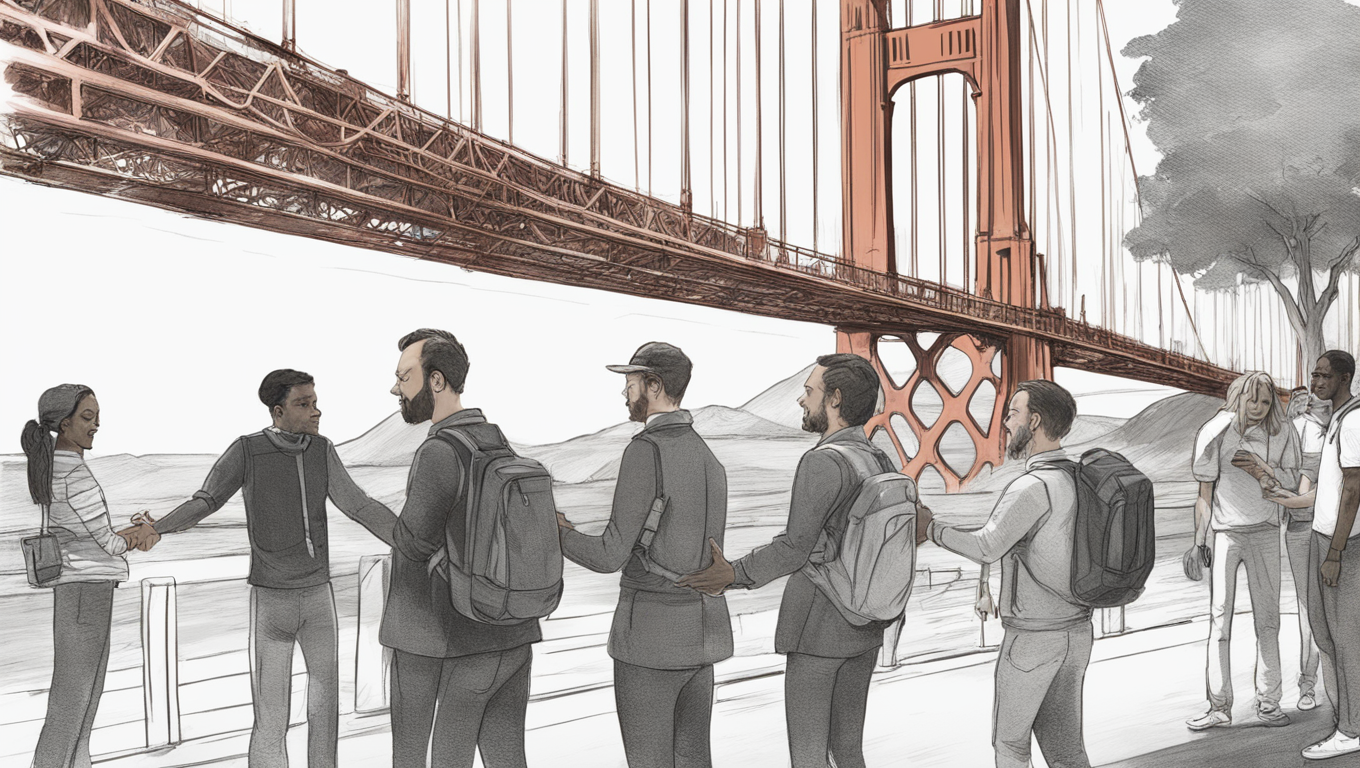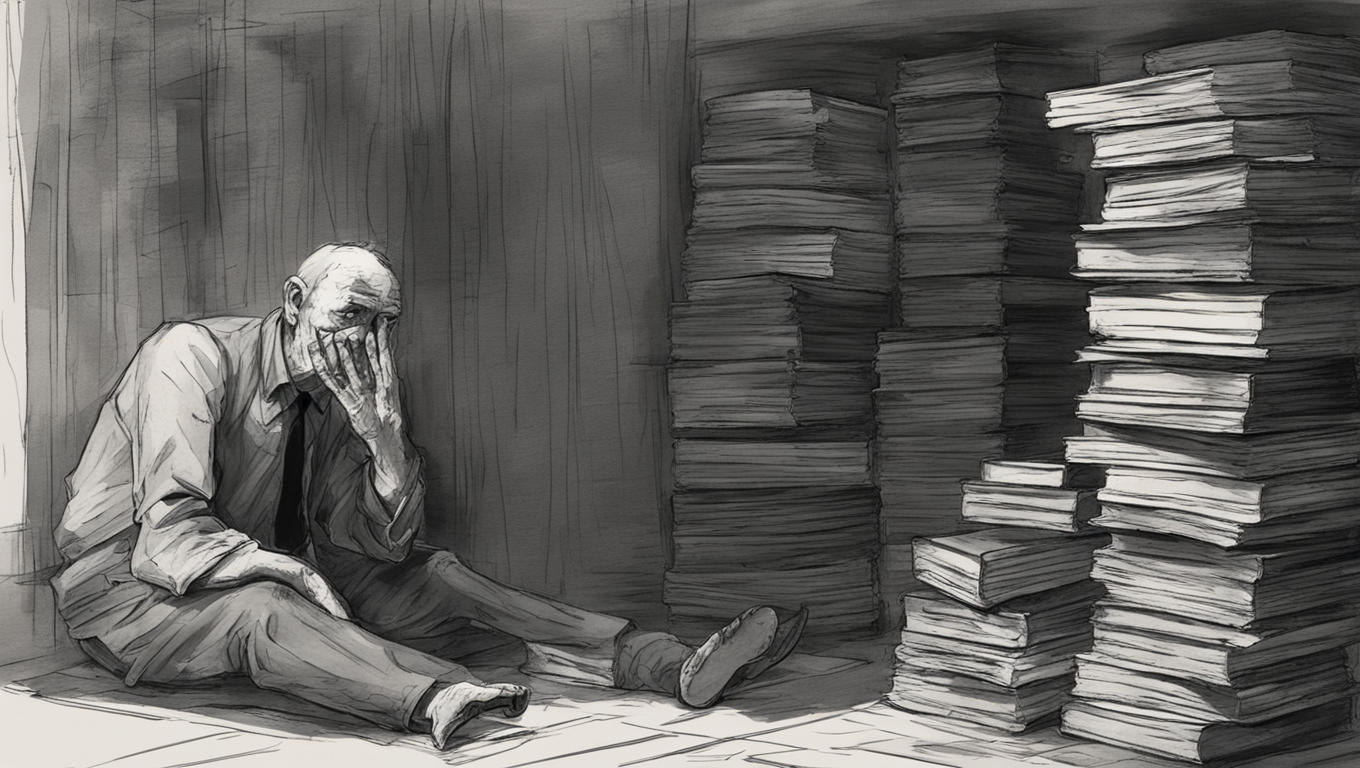A groundbreaking study conducted by researchers at University College Cork (UCC) has shed light on the impact of “deepfakes” during times of war. Deepfakes are manipulated audio-visual materials that employ Artificial Intelligence to merge authentic videos with fake elements, often involving the creation of convincing fake faces. The study, titled “A new type of weapon in the propaganda war,” analyzed thousands of tweets on X (formerly Twitter) over a seven-month period in 2022 to examine how people react to deepfake content online.
One of the key findings of the study is that deepfakes significantly undermine viewers' trust in conflict footage, leading them to become critical of all footage from warzones. The researchers point out that this erosion of trust is particularly troubling considering the Russia-Ukraine war, which presented real-life examples of deepfakes being used in warfare. For instance, deepfake videos during this conflict included the use of video game footage as evidence of the urban myth fighter pilot known as “The Ghost of Kyiv,” as well as a deepfake video of Russian President Vladimir Putin announcing peace with Ukraine.
The study also revealed the emergence of online conspiracy theories that incorporate deepfakes. Moreover, the researchers found that deepfakes not only undermine trust in fake content, but they also lead to the labeling of genuine media as deepfakes. This confusion is partly due to the lack of social media literacy among users, who often struggle to distinguish between real and fake videos. This lack of understanding can have significant consequences, as the study warns that raising awareness about deepfakes may unintentionally erode trust in legitimate videos.
John Twomey, a researcher at UCC, expressed surprise at the extent to which misinformation in the study stemmed from the mislabeling of real media as deepfakes. He emphasized that news media and governmental agencies need to carefully weigh the benefits of educational deepfakes and pre-bunking against the risks of further undermining truth. Twomey urged news outlets to focus on educating the public about deepfakes, their potential, and their current capabilities, in order to combat the increasing challenges posed by deepfakes online.
Dr. Conor Linehan, from UCC’s School of Applied Psychology, voiced concerns about the potential of deepfakes to undermine truth and distort our understanding of reality. He warned that when fake videos are perceived as authentic and vice versa, the very concept of truth becomes fragile. The study is part of a larger effort by UCC’s School of Applied Psychology to explore the psychological impact of deepfakes.
As deepfakes continue to proliferate online, it is evident that they pose significant challenges to public trust in media and to the dissemination of factual information. The study’s findings serve as a wake-up call for media organizations and governmental bodies to take proactive measures in combating the spread of deepfakes and educating the public about their existence and potential consequences.





Use the share button below if you liked it.